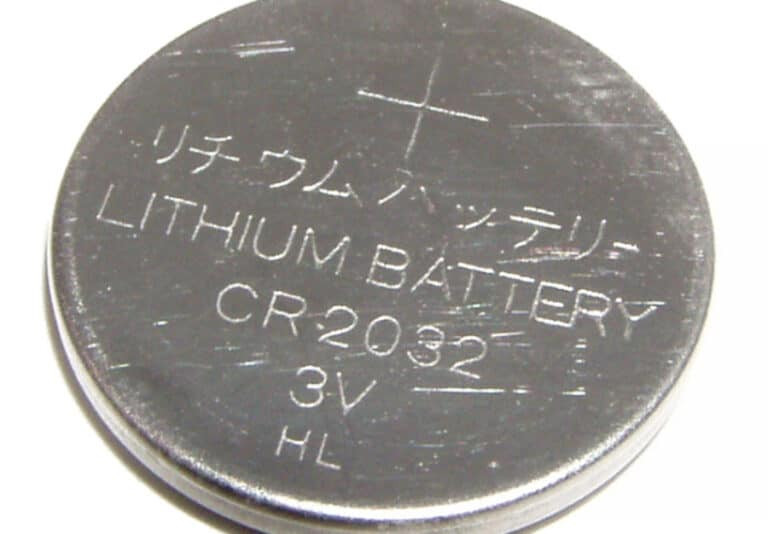The Global Shippers Forum (GSF) has expressed its disappointment at banning lithium ion (li-ion) batteries on passenger aircraft, which it says will cause major disruption.
The International Civil Aviation Organization (ICAO) has imposed an interim ban on shipping li-ion batteries from 1 April 2016, which is expected to be lifted when a package performance standard is agreed. This is expected by 2018 subject to further research and procedures. The GSF says the ban does not address the wider problem of undeclared battery shipments or low quality counterfeits.
GSF head of policy, Alex Veitch says: “ICAO must now act rapidly to agree new packaging standards for lithium-ion batteries. We simply cannot wait until 2018 for resolution of the issue. The outright ban on passenger aircraft will cause a major disruption to the global supply chain for essential products vital to international trade.”
Veitch says the GSF supports ICAO’s dangerous goods panel proposal to allow shipments on passenger aircraft if the batteries are charged to 30 per cent of their maximum, and limited to one package per consignment for certain types.
GSF says it is surprised that the ICAO National Council has instigated the ban, which does not tackle the issue of undeclared shipments or deliberate shipping products with lithium batteries as normal cargo. It says governments must redouble efforts to crack down counterfeit batteries and non-compliant shippers.
Veitch says: “GSF supports recommendations made by the ICAO Dangerous Goods Panel as this would allow appropriately declared lithium-ion batteries to be safely shipped as cargo on passenger aircraft.”
GSF also says ICAO should investigate using screening equipment to detect batteries as this would allow airlines to spot undeclared shipments.



